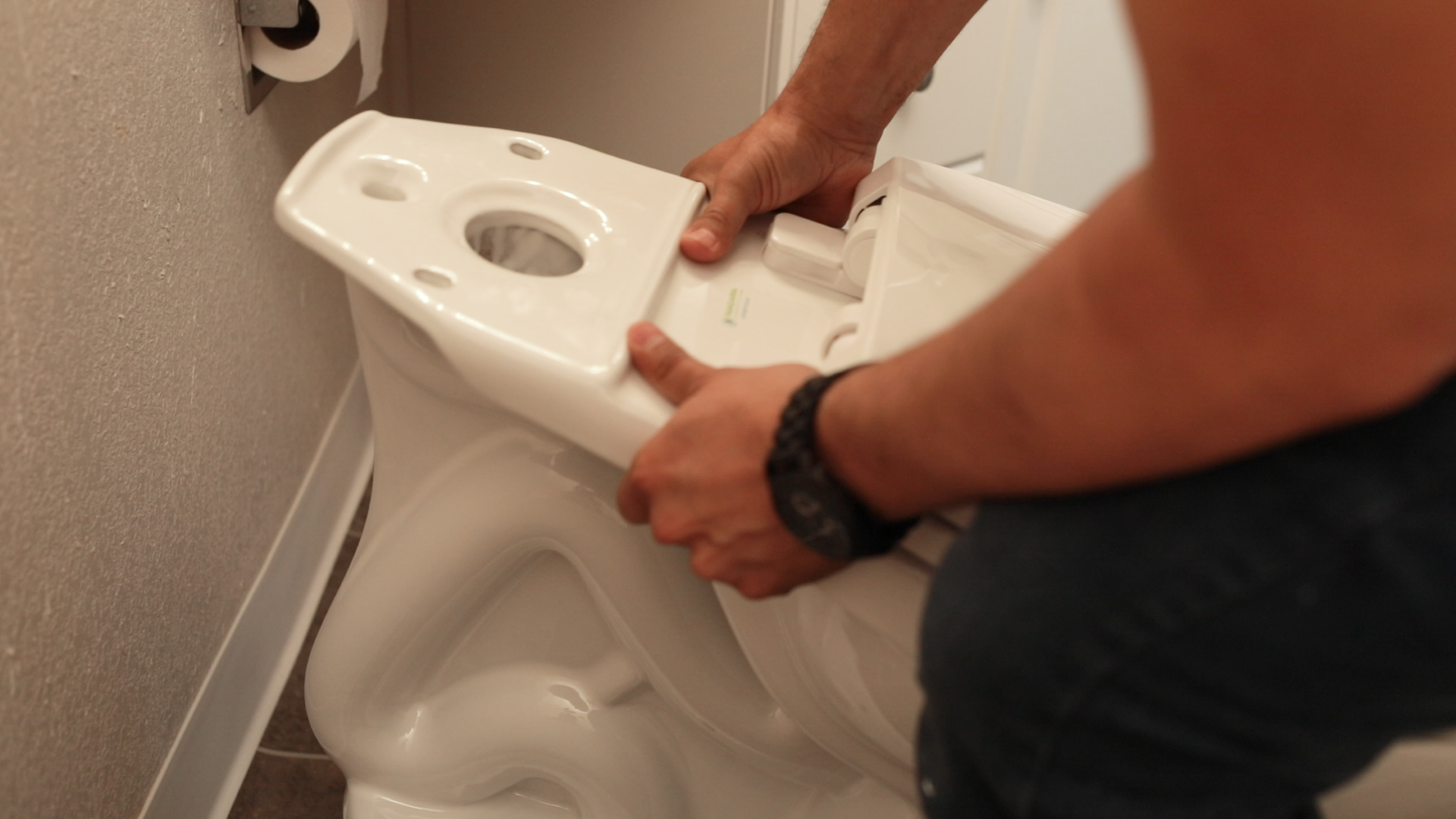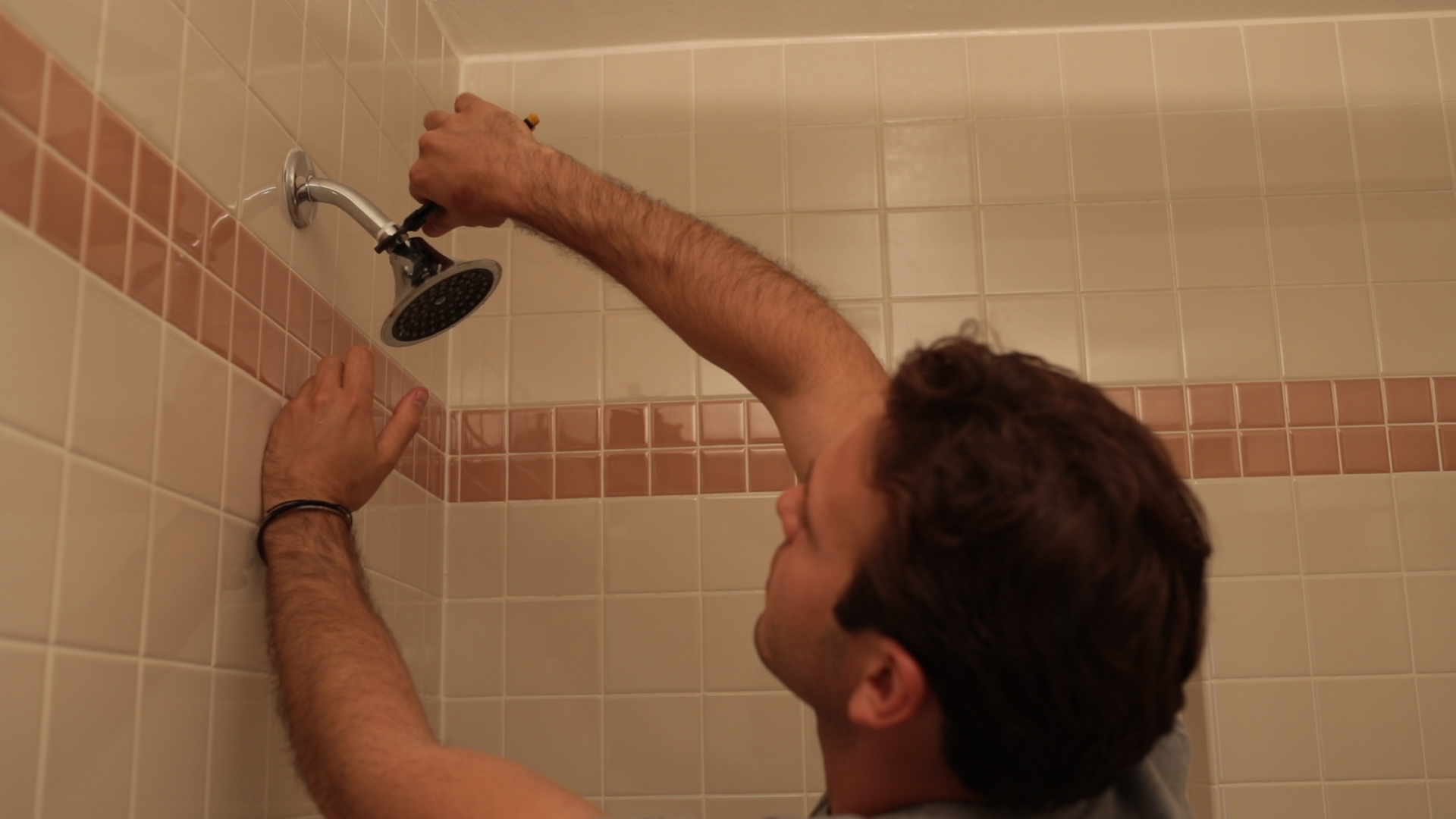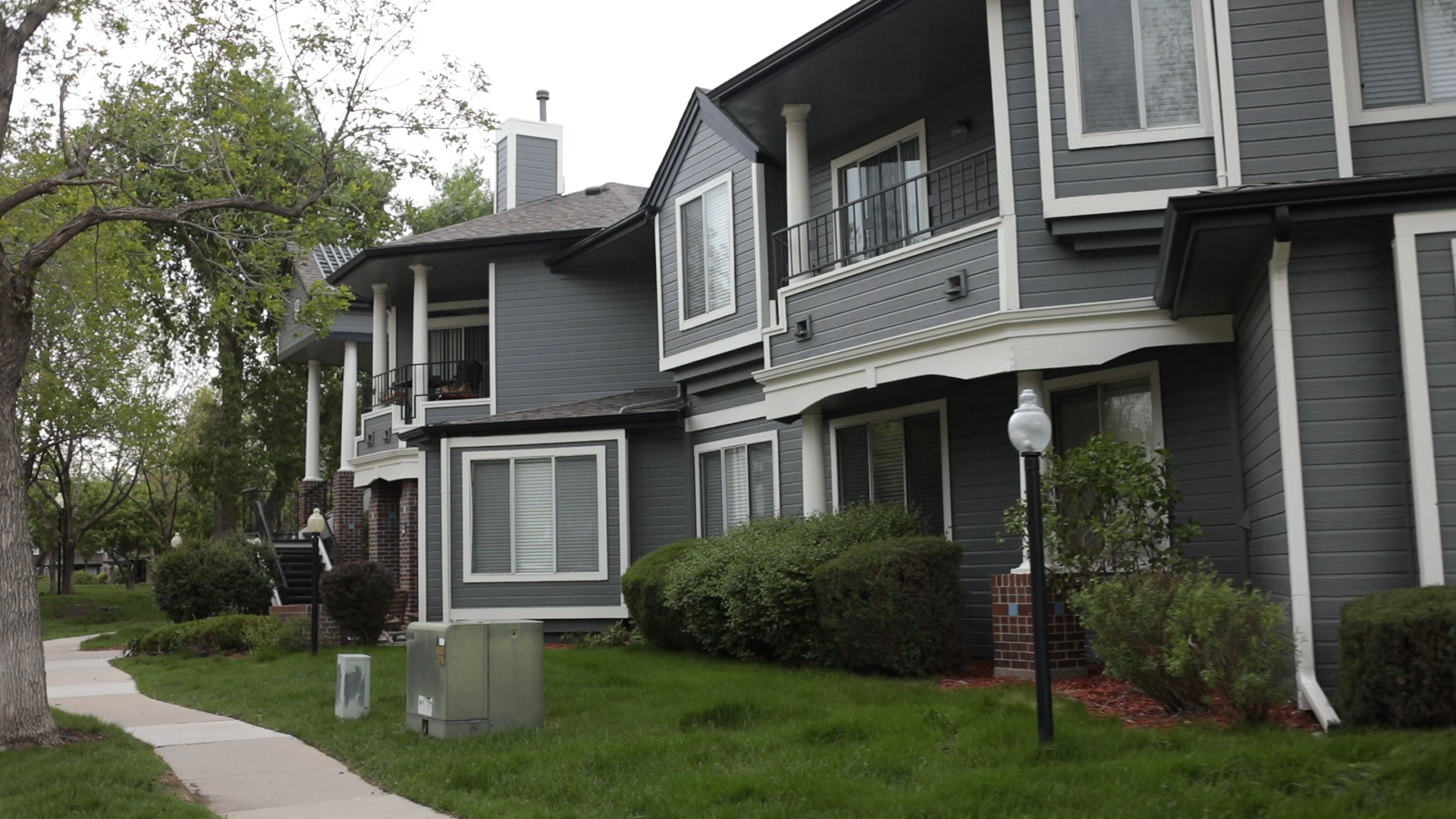
The great toilet payback
A Denver apartment community has found a way to save millions of gallons of water and set a record doing it.
Tava Waters, operated by BH Management, is home to around 3,000 residents in southeast Denver. Between January and April, management replaced 2,507 toilets with ultra-high efficiency models in partnership with Denver Water.
“This was the largest toilet rebate we’ve ever done,” said Jeff Tejral, Denver Water conservation manager. “It was an impressive project, and they’re saving a lot of water by using some of the most efficient toilets available.”
Denver Water offers any customer up to $150 for each toilet replaced that averages 1.1 gallons or less per flush. By replacing old toilets that used up to 3.5 gallons per flush with new models that use only 0.8 gallons, Tava Waters residents are using 50 to 75 percent less water every time they use the bathroom.
Tava Waters did more than just replace the toilets; they also replaced 2,507 showerheads and 2,507 bathroom sink faucet aerators with more water efficient models.
“We replaced all the fixtures as part of a new green initiative for our entire community,” said Neil Kachigian, Tava Waters renovations manager. “Our goal is to conserve everything from water, electricity, gas and whatever else we can to be more efficient.”
The new showerheads use 1.5 gallons per minute, quite an improvement from the 2.5 gallons per minute with the old ones. The sink aerators reduced water flow from 2 gallons per minute to 1.
Denver Water estimates that Tava Waters will save around 33 million gallons of water each year by making the changes.
That savings is enough to supply 405 homes for an entire year, according to Lawrence Lamondin, co-founder of EcoSystems, who implemented Tava Waters’ efficiency project and works on others like it across the country.
“We’re seeing more communities doing renovations like this because people are demanding it,” Lamondin said. “Residents want to use water efficiently and apartment managers also see the financial savings of using less water, so it’s a win-win for everyone.”
The EcoSystems team also installed water efficient kitchen faucet aerators and fixed leaks they found in pipes across the apartment community.
Before the changes, Tava Waters residents were using about 51 gallons per person, per day; after the renovations, each person is using around 33 gallons per day.
“I didn’t think much about my water use until they made the changes,” said Darian Jackson, Tava Waters resident. “It feels good to know we’re using less water and I don’t notice a difference.”
Tejral said many homes and apartments use fixtures that were made in the 1970s and 1980s.
“Technology has improved so much that these new water-efficient aerators, showerheads, and toilets perform the same, if not better, than the old fixtures,” Tejral said.
The renovations also will help Tava Waters save an estimated 35 percent on its annual water bill. Kachigian hopes the project will inspire other homeowners and apartment managers to make similar changes.
“We replaced around 7,500 fixtures in about three months,” Kachigian said. “Anyone can make these changes, and the savings really make a difference.”
Denver Water offers toilet rebates to homeowners and commercial property owners. The utility has given toilet rebates to more than 251,000 customers since 2009. While rebates are not available for showerheads or faucet aerators, homeowners can look for WaterSense labels on all products to make sure they’re buying efficient fixtures.
“There are a lot of reasons to change fixtures,” Tejral said. “The obvious reason is the dollar savings on your water bill, but there’s also environmental stewardship. It’s really the right thing to do in Colorado with our semi-arid climate.”



